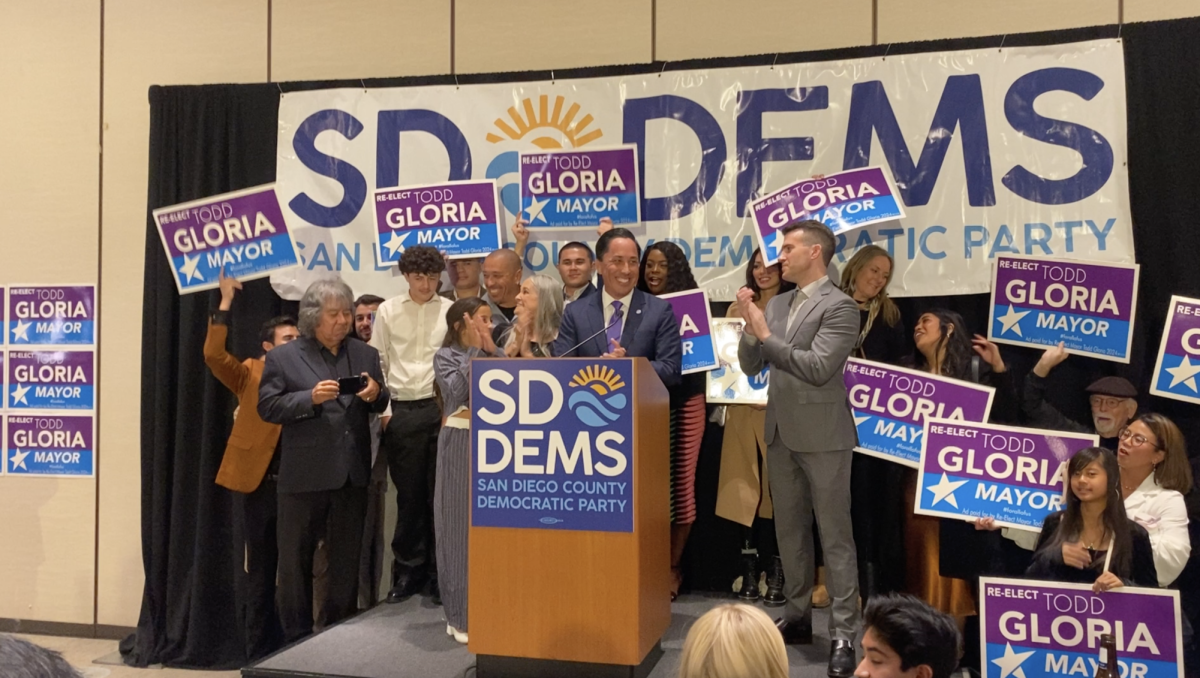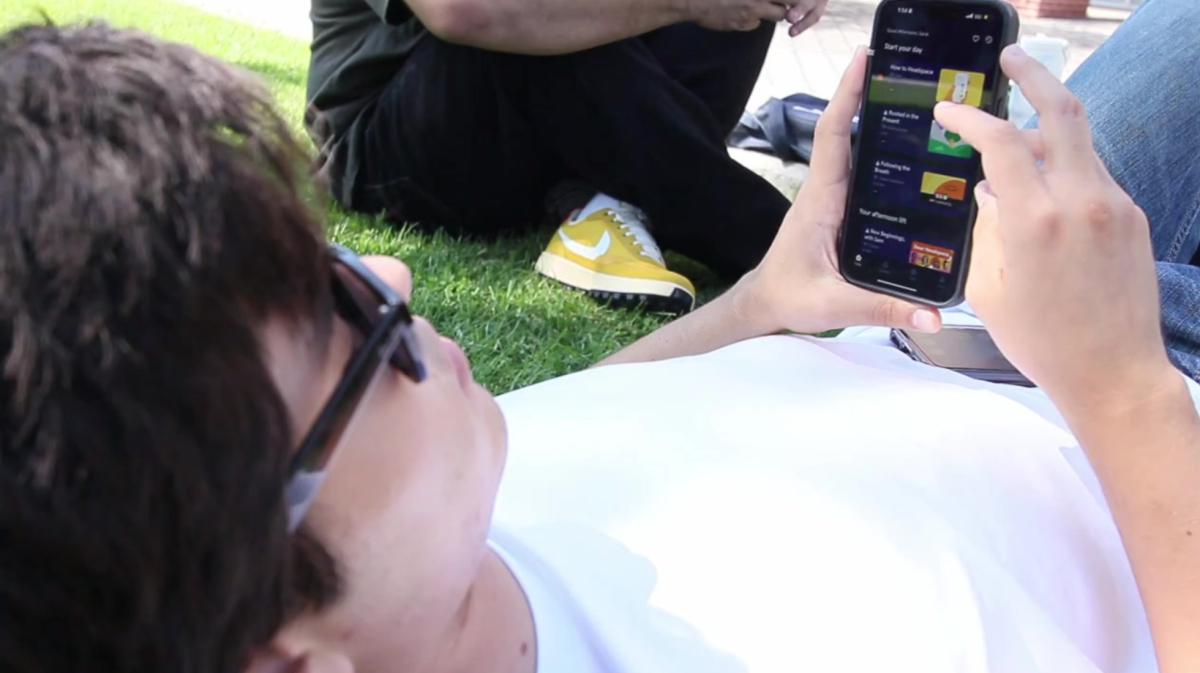Editor’s note: This is the first of seven issue-focused voter’s guides based on data from the City College Community Agenda. Check back often for the rest of the guides and the latest election-related news and information here.
As talk of the November elections swirls around him, San Diego High School student Tristan Cruz wants to know how voters are going to address the economic issues that impact his daily life, such as the rising cost of groceries, gas and rent.
 If these issues don’t get adequately addressed, he doesn’t see a clear path to affordability in San Diego.
If these issues don’t get adequately addressed, he doesn’t see a clear path to affordability in San Diego.
“There’s the fear you can’t pay (rent),” Cruz told City Times Media in April. “Rent just keeps going up. I don’t really know how much it’s gonna be in a few years, or if we can even afford it.”
According to Oct. 1 data from the City Times Community Agenda, 52% of City College stakeholders are also looking for specifics on policies related to the economy and taxes.
The City College Community Agenda compiles the responses to a survey completed by students, faculty, staff and community members. It is designed to identify issues and elicit questions that City Times Media reporters use to engage political candidates and focus their election reporting.
This guide zeroes in on the races presented in the local voters’ 2024 ballot related to economic policies such as minimum wage and sales tax.
State Propositions:
Proposition 32
In 2025, California would have different minimum wages for employers of different sizes. Employers with 26 or more employees would have a minimum wage of $18 per hour. Employers with 25 or fewer employees would have a minimum wage of $17 per hour. Without Proposition 32, the minimum wage for all employees would be about $16.50 per hour. The proposition would not change any local or industry-specific minimum wages. – Legislative Analyst’s Office
Can’t see the graphics on this story? Click here.
Local San Diego:
Measure E
This measure would increase the transactions and use tax, commonly known as “sales tax,” within the City of San Diego by 1 cent on each dollar subject to sales tax once operative on April 1, 2025. Currently, the sales tax rate in the City is 7.75%, of which the City receives 1.00% (equal to 1 cent on each dollar of taxable sales) and the remainder is allocated among other local and state entities. Under the measure, the sales tax rate in the City would increase to 8.75%, of which the City would generally receive 2.00% (equal to 2 cents on each dollar of taxable sales). – Office Of The Independent Budget Analyst Report
- City Attorney’s Impartial Analysis
- Fiscal Impact Statement for city measure on November 5, 2024 ballot: Measure E – City of San Diego sales tax
- City of San Diego Argument Signatures
- Ballotpedia.org Measure E page
Measure G
Measure G would raise the sales tax rate across San Diego County by a half percentage point to pay for transportation infrastructure. It does not include a sunset clause, meaning it would remain in effect until ended by voters. – KPBS











